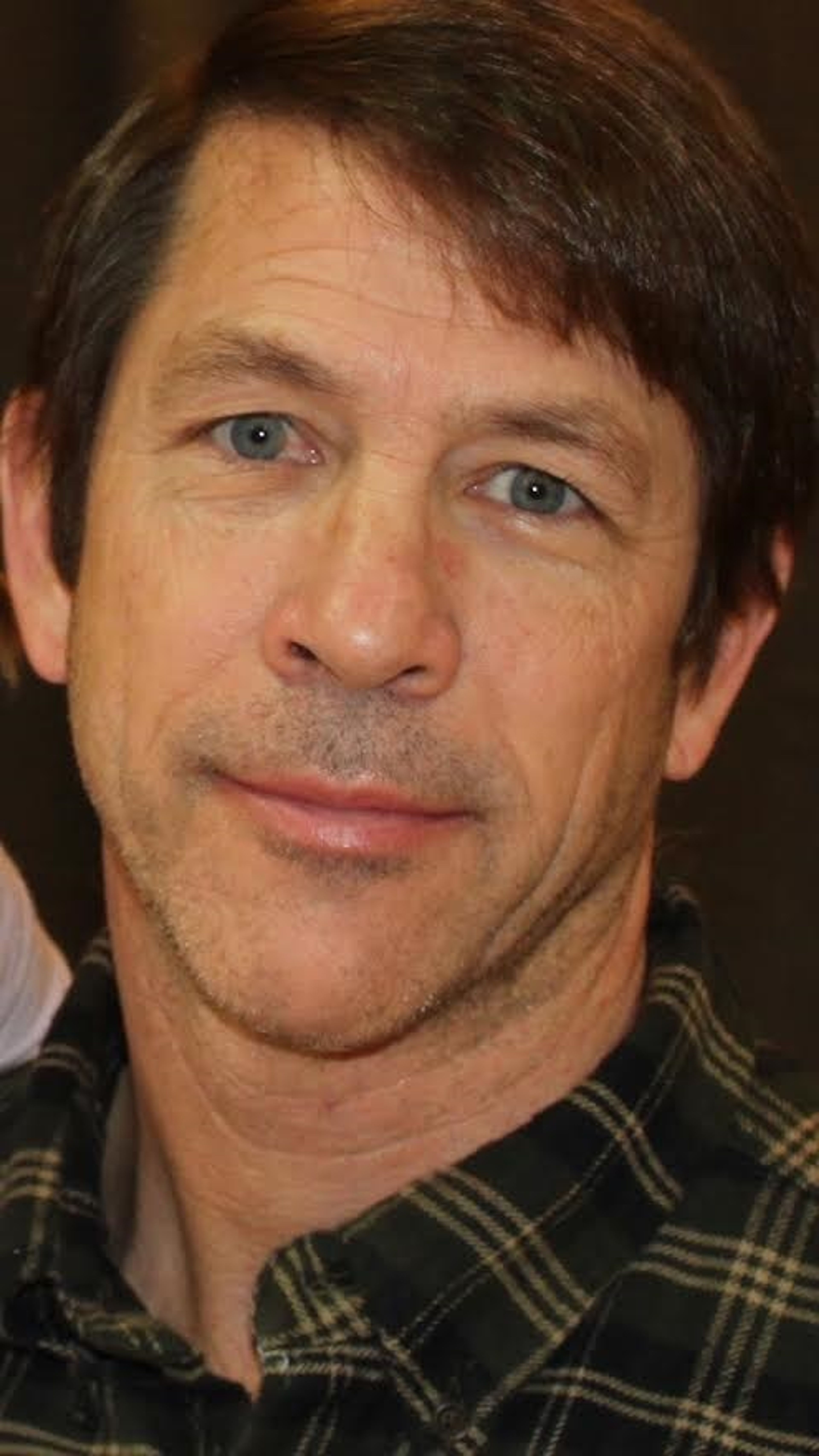I have been able to watch the Pullman City Council meetings online for some time now. I am grateful. The service has made it possible for me, and I am sure many others, to keep up with current events and remain connected.
They have been good but sorry to say rarely interesting or insightful. At best they have been functional, making possible important presentations by community members but also engineers, planners and other civic leaders.
Up until couple of years ago, they were tolerable, but since then they have devolved into something akin to incoherence, with council members stumbling over the simplest of statement, sometimes forgetting each other’s names or those from whom they are seeking feedback. Some statements start with the promise of clarity but three words later and that strength is gone, replaced with either gibberish or silence. Watch the Sept. 10 meeting and you’ll see what I mean.
Embarrassing hardly describes the effect; cringe-worth is more like it, reaching a particularly high pitch when discussions are up and it is time to unpack critical issues, such as those related to downtown traffic, housing, affordability, health, tuition and more. None are pulled out of thin air but the product of years of analysis the city had conducted up to that point. The moment is pregnant with anticipation, the listener eager to hear it from the wise regarding ways to sort out controversies and contribute to a better future. But alas and again nothing comes out except half-baked thoughts and non sequiturs.
To the call for passing a cease-fire resolution in the Israeli-Palestinian conflict, council members created a hot and unnecessary mess. Listening to them twisting themselves into a pretzel trying to figure a response, you’d think the activists were asking them to take sides, Palestine or Israel. Nothing could have been further from the truth, which was simply to show empathy and care for people suffering and dying unnecessarily. Who on earth but the very evil would not want to see an end to the killing of innocent people. Tacoma, Bellingham and Spokane got it. Why not Pullman?
At least in part the problem lies with lack of preparation, council members arriving without either having read the material or rehearsed the manner with which they are going to articulate a position for it. None of these esteemed individuals is without intelligence but it seems at least without time or the interest to fully understand the topics at hand and engage them in a compelling and sensitive way. If so, it would be wise to reconsider the frequency with which council meetings take place, instead of twice then maybe once a month, and if that is still too often then a different scenario altogether.
Another problem may lie with the recording and posting of the meetings online, which is nice for people like myself but perhaps scary for those whose every word will soon be aired for all to hear. They’d better watch what they say, otherwise the world will hold them responsible. Slip and who knows what may happen. They may lose their day jobs or worse yet reputation and so much more. If so, might eliminating that service altogether be a more viable and productive way to proceed, giving council members a greater freedom to speak and perhaps entertain controversial proposals, which, while unpopular, may be critical for us as a society to understand and debate. Assuming a contrarian position is sometimes very important, less to defend it and more to use it as a force against which to strengthen one’s own.
Oratorial work is not easy. It takes time and effort to perform well, let alone perfect. But it is necessary in public jobs and especially those that demand communicating complex topics to those who may not have access to the same analytical tools as those who are doing the communicating. Be it through workshops or other forms of training, council members should, respectfully, do what it takes to improve and find a way to open up and tell us what is on their minds.
To get there, they may wish to engage in mock meetings and practice voice, slowly but surely acquiring the confidence to articulate. What words that may seem flat at first will soon and through repetition find passion. The same with stimulating ideas, not likely to emerge unless rehearsed beforehand. Take turns. Not all sessions have to be an all-hands-on-deck situation. Those council members engaged in a passionate but respectful banter in one session may rotate the favor with the remaining others in the next session over. Either way, please make us love our city.
Rahmani is a professor of architecture at Washington State University where he teaches courses in design and theory.









